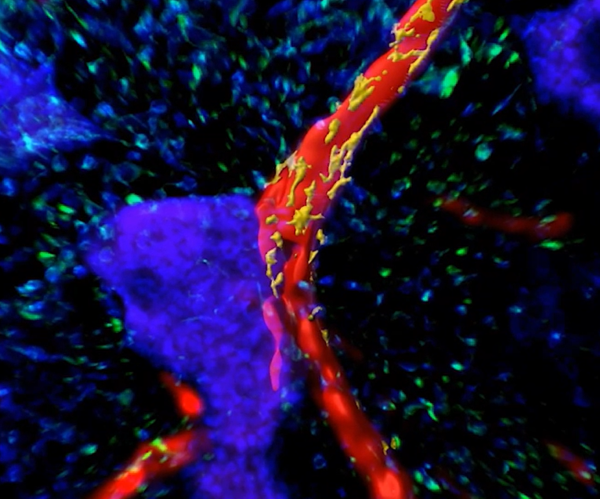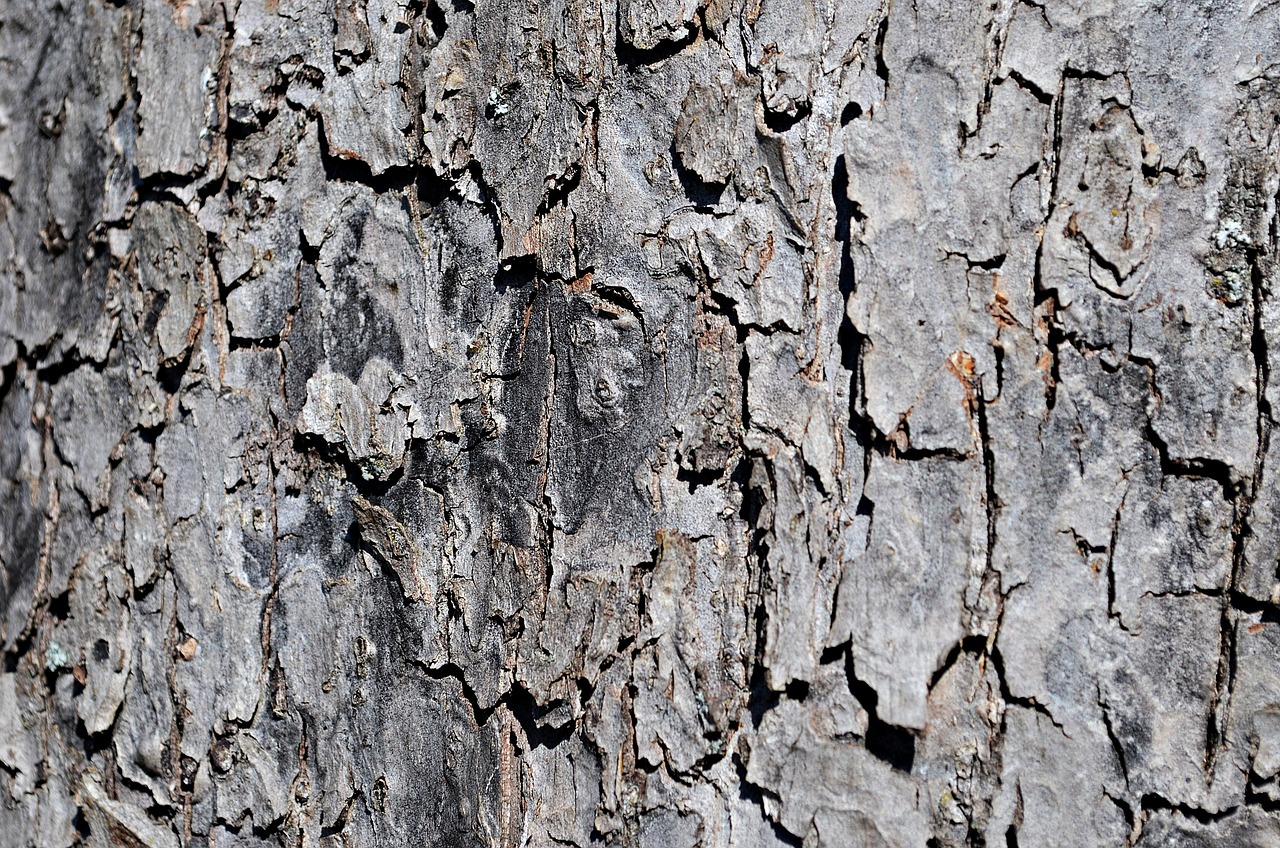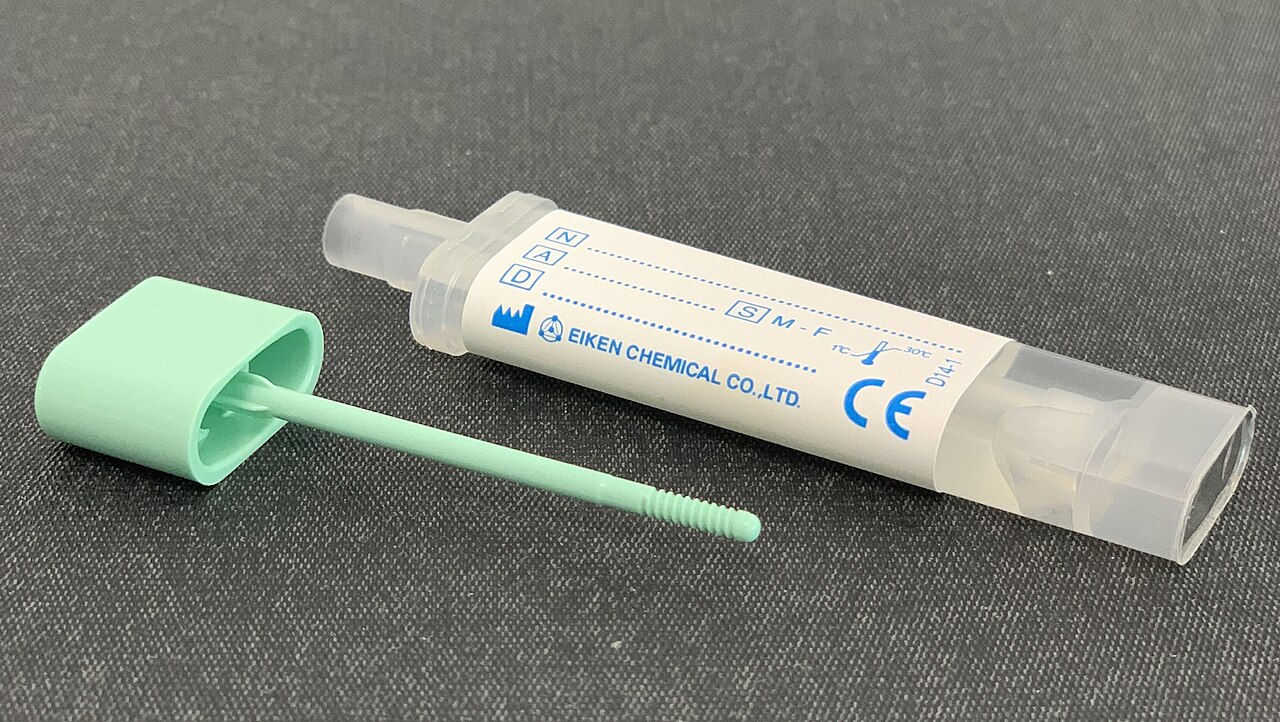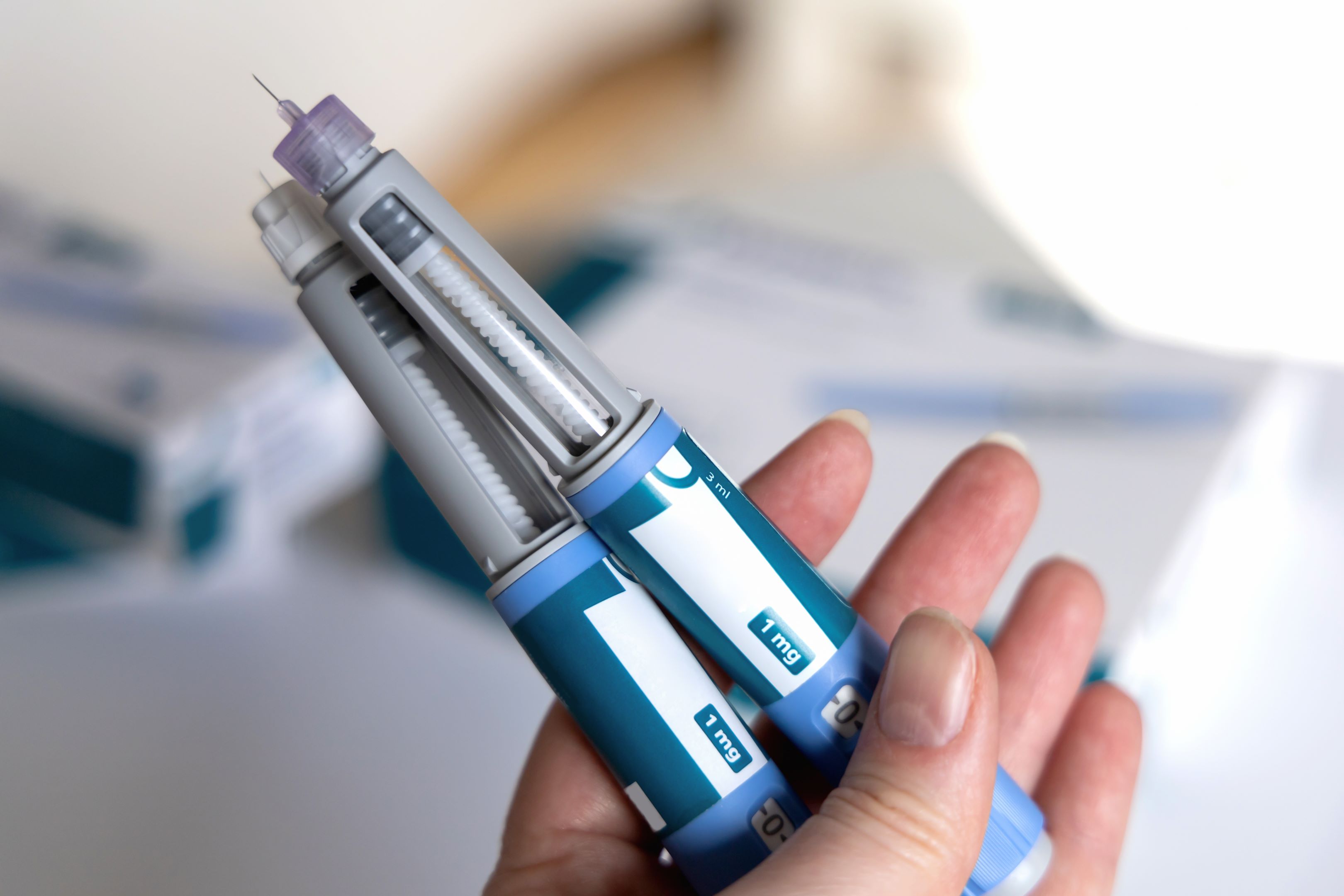Review concludes that studies on the benefits of moderate drinking use biased methods
Studies associating the consumption of low amounts of alcohol with health benefits are not of good scientific quality, says a meta-analysis pooling the findings of 107 previous papers. For example, studies may use a reference group of older adults who have given up or limited alcohol for health reasons. Compared to those who continue to drink, the latter appear to be in better health, notes the article, published in the Journal of Studies on Alcohol and Drugs.









